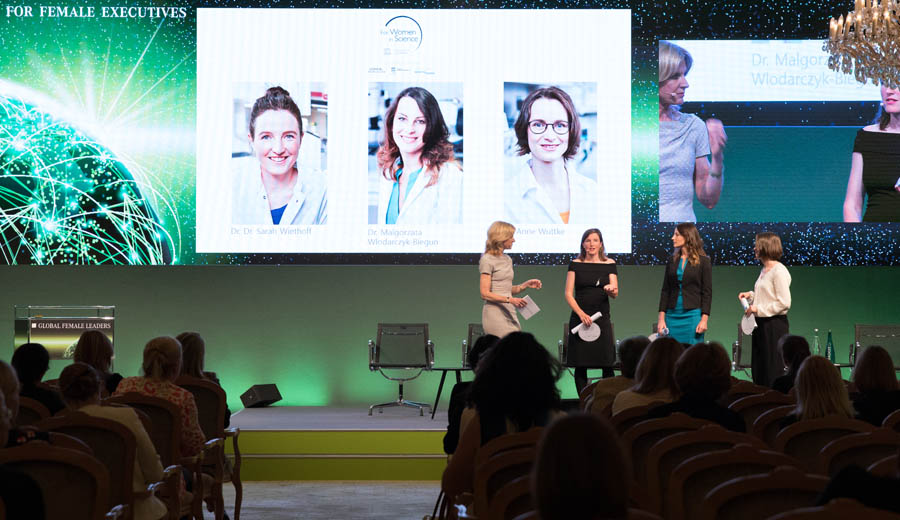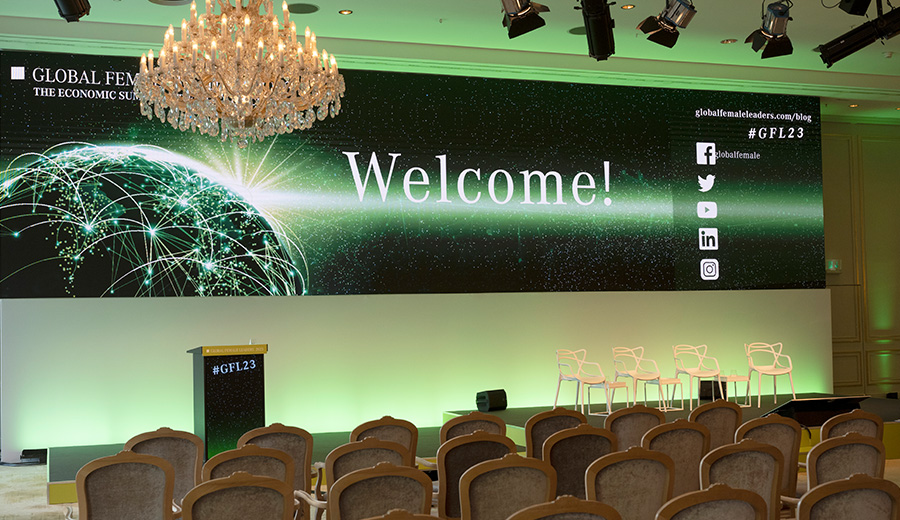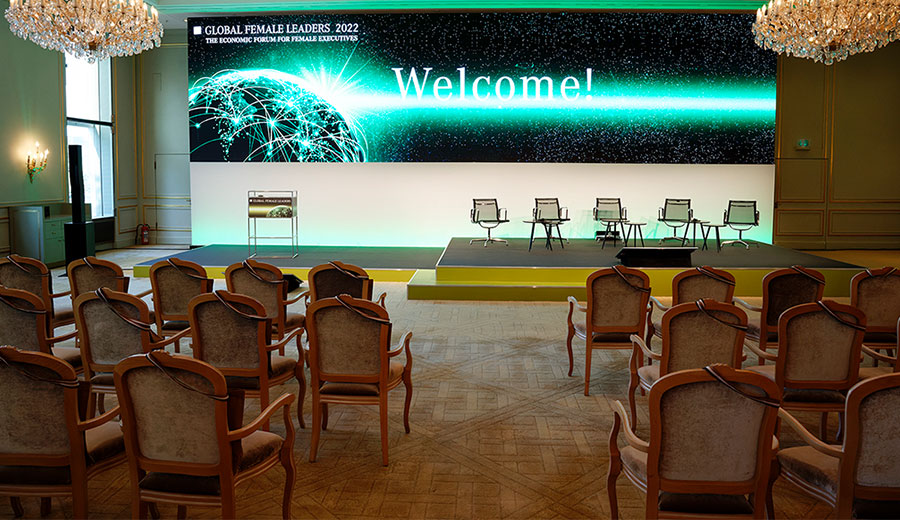
And the winners are … For Women in Science award ceremony
In 1998 L’Oréal and UNESCO founded the For Women in Science programme to promote and highlight the critical importance of ensuring greater participation of women in science. The Global Female Leaders summit will proudly host the German award for the second time, during which three young fellows will be honored and granted a scholarship of 14.200 Euro.
THE WORLD NEEDS SCIENCE, SCIENCE NEEDS WOMEN
The L’Oréal-UNESCO For Women in Science initiative began 21 years ago. Since that inaugural year, the L’Oréal Foundation and UNESCO (the United Nations Educational, Scientific and Cultural Organization) have strived to support and recognize accomplished women researchers, to encourage more young women to enter the profession and to assist them once their careers are in progress.
Nobel prize winner Professor Christiane Nüsslein-Volhard created in 2006 the German For Women in Science fellowship programme which addresses especially female researchers with children. In Germany very often highly qualified women interrupt considerably their promising career or even disrupt it when they start a family.
The scholarship aims to improve the individual situation of talented scientists at the doctoral level and encourages them to pursue their career by financial support for child care and household. Even the institution gets financial support.
“The World needs Science, Science needs women” – Contribute to this motto the scholarships foster the proportion of qualified women participating in high-level research in Germany.
THE L’ORÉAL-UNESCO FOR WOMEN IN SCIENCE IS PROUD TO ANNOUNCE THE 2019 FELLOWS:
Dr. Andrea Imle
Dr. Andrea Imle at the European Molecular Biology Laboratory (EMBL) in Heidelberg is investigating how the physical properties of tissue affect the migration of T cells. T cells are part of the immune system and migrate through the human body to fight pathogens and cancer cells. T cells are thought to move through pores in tissue only by deforming their cell bodies. However, this only works up to minimal pore size. Dr. Imle is investigating how T cells can overcome this biophysical limit over time and how they adapt to their environment through genetic alterations.
A better understanding of immune cell migration may help to develop new therapies against cancer and infections in the future.
Dr. Fiona Müllner
Dr. Fiona Müllner from the Friedrich Miescher Institute of Biomedical Research in Basel, Switzerland, wants to understand how neurons process information in the brain. After quantifying an important key mechanism of neuronal inhibition, namely how individual inhibitory synapses can influence signal propagation, she is now working on network mechanisms for the processing of visual information in the brain.
Her work focuses on the thalamus – a deep brain region that acts as a relay station between sensory organs and the cerebral cortex and is commonly referred to as the „gate to consciousness“. Her aim is to better understand which computations are performed in this region.
Dr. Bonnie Murphy
Dr. Bonnie Murphy works at Max-Planck-Institute for Biophysics in Frankfurt. She uses a combination of techniques, especially cryo-electron microscopy, to reveal the structures of proteins at an atomic level.
From this information, she works to understand how specific proteins carry out their functions and contribute to the livelihood of cells and organisms.
Comments
No Comments

